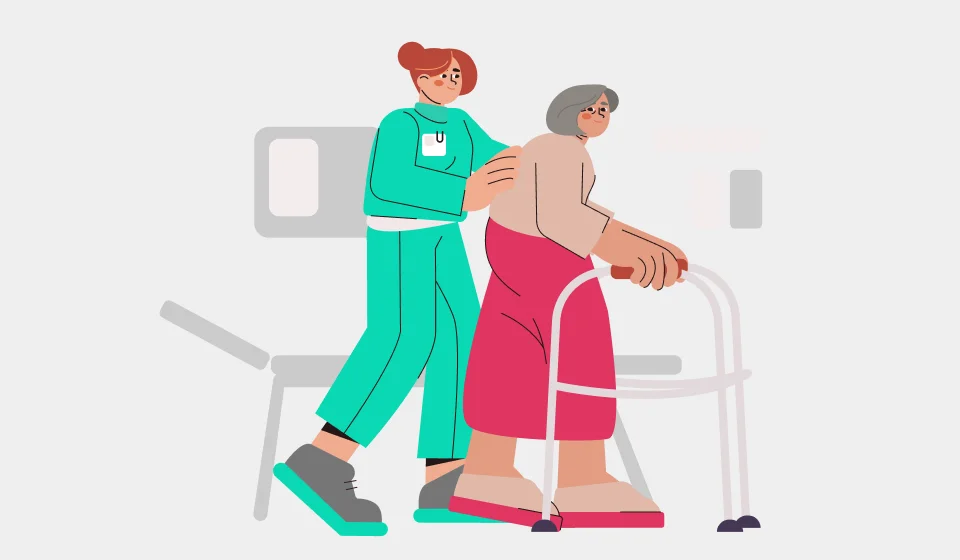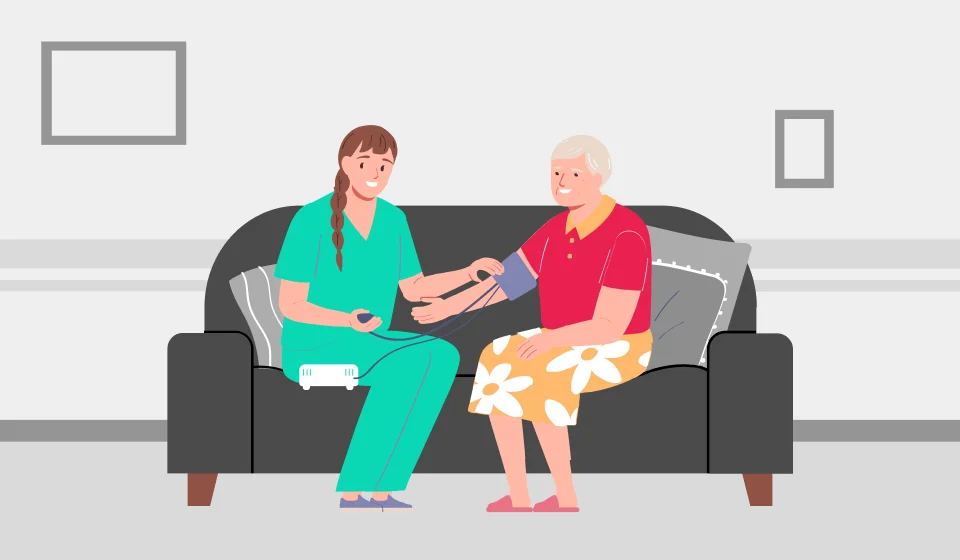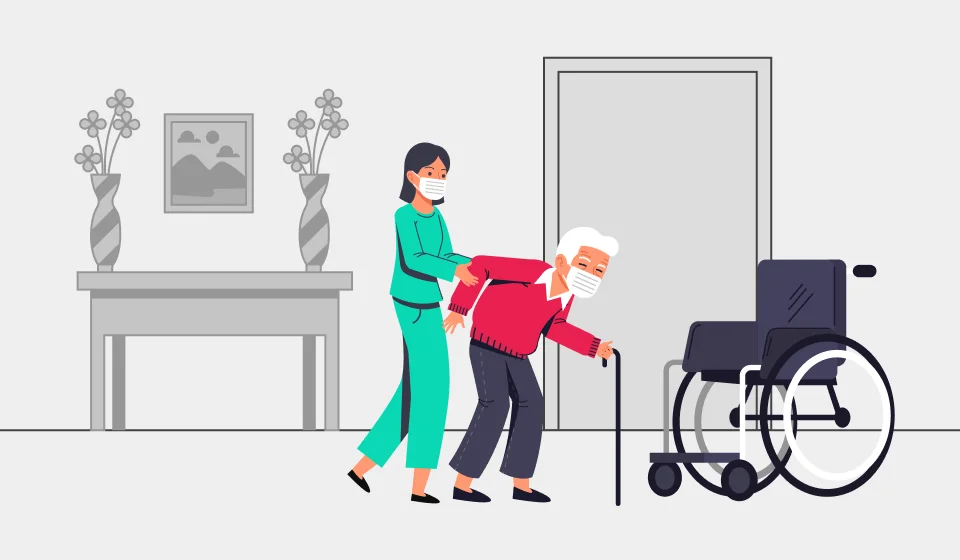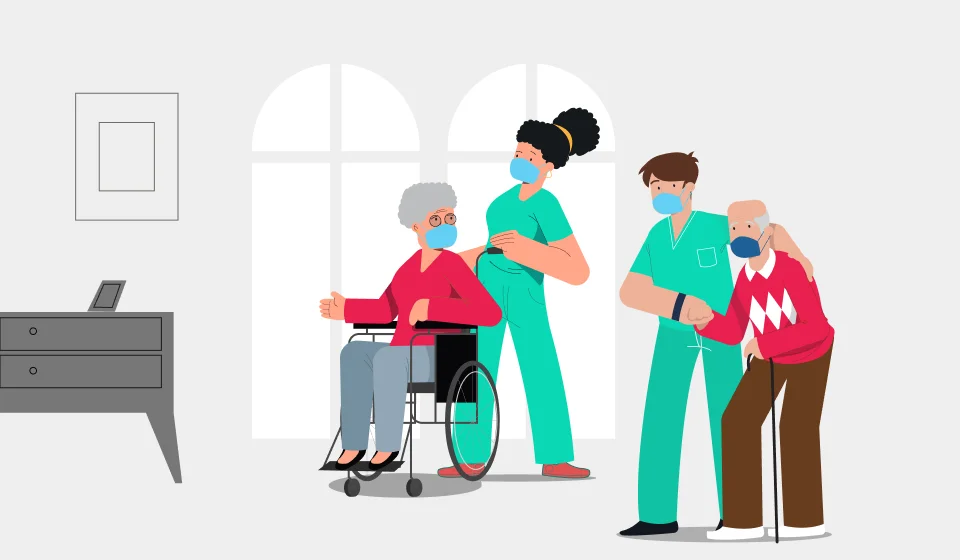Blogs
Have a look at our blog to explore practical guidance and updates about Homecare. Discover expert tips on personal assistance, in-home support, and compassionate care services designed to help individuals live safely, comfortably, and independently in their own homes while improving their quality of life.
Communication Strategies For Deaf Clients In…
Communication Strategies For Deaf Clients In Homecare Clear and effective communication is…
What Happens To Unspent Homecare Package…
What Happens To Unspent Homecare Package Funds? Homecare Packages are a key…
Types, Roles & Duties Of Community…
Types, Roles & Duties Of Community Health Nurses Community health nursing plays…
Complete guide for aged care quality…
Complete Guide For Aged Care Quality Standards Australia’s aged care system is…
Personal Care Attendant (PCA): What they…
Personal Care Attendant (PCA): What They Do & Why They Matter Support…
The complete guide to homecare packages
The Complete Guide To Homecare Packages Aged care support in Australia has…
Is Homecare a Good Job? Salary,…
Is Homecare A Good Job? Salary, Demand & Benefits The homecare sector…
Everything you need to know about…
Everything You Need To Know About Homecare Packages Growing older doesn’t mean…
5 Reasons why nurses choose to…
5 Reasons Why Nurses Choose To Work In Aged Care As Australia’s…
Supporting Seniors Through Life Transitions with…
Supporting Seniors Through Life Transitions With Compassionate Homecare Navigating life transitions in…
It’s time to consider homecare for…
It’s Time To Consider Homecare For Your Family Member You’ve noticed Mum…












